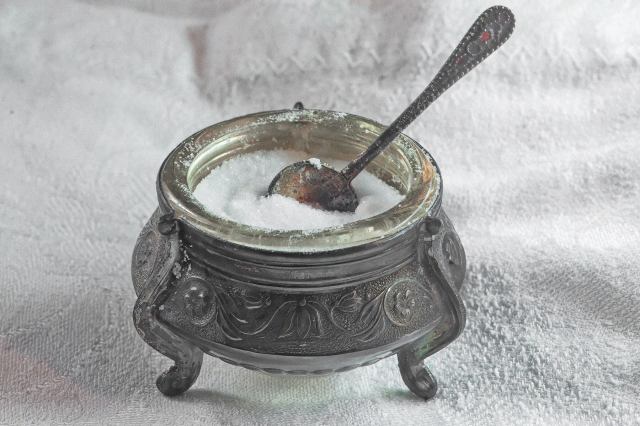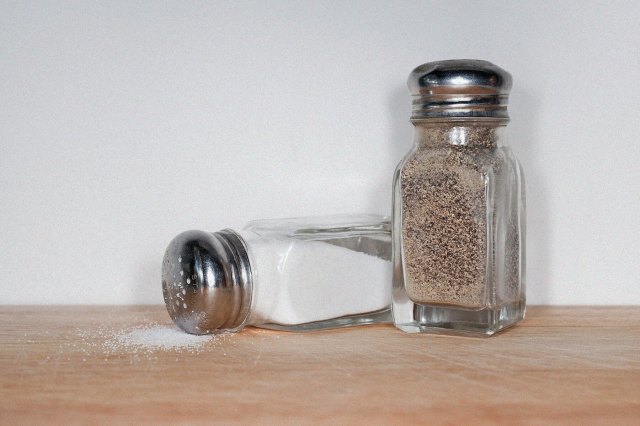How Did Salt and Pepper Become the Two Most Common Seasonings?
Spices have been central to human history since antiquity, influencing trade routes and economies along the way. But despite the rich array of flavors that have traveled the world, salt and pepper have emerged as the most popular seasonings in the Western world. Salt, an essential mineral, was once coveted for food preservation; pepper, a spice derived from dried peppercorn plant berries, used to be worth its weight in gold. Their popularity and ubiquitous inseparability have even led to their names being used as an adjective, as in “salt-and-pepper” hair. Here’s a look at how necessity, global trade, and culinary innovation helped salt and pepper become the two most common food seasonings.

A Dash of Salt
Salt’s journey to dinner tables is rooted in its importance to human life. The natural mineral is crucial for maintaining hydration, nerve function, and muscle control in the body, among other things. Given salt’s essential role in survival, it’s no surprise that humans developed a taste for it. Early human diets were heavy in meat and naturally provided sufficient salt. But as nomadic hunter-gatherers settled into agricultural societies and diets started including more grains, supplementing salt became important. The resource, though naturally abundant, wasn’t always easy to obtain, and it became a highly sought-after commodity throughout expanding civilizations.
In ancient Rome, the production and transport of salt evolved into a major industry. Salt was highly valued and was even used as currency, with soldiers sometimes receiving their salarium, or wages, in salt — a practice that gave rise to the English word “salary.” (Sal is the Latin word for salt.) As European empires expanded and trade routes grew, so did salt’s reach, though it largely remained a necessity of food preservation and was used as a seasoning only by the wealthy. Throughout the Middle Ages, upper-class hosts even made sure their guests of honor were seated next to elaborate, expensive salt cellars at the dining table.




















